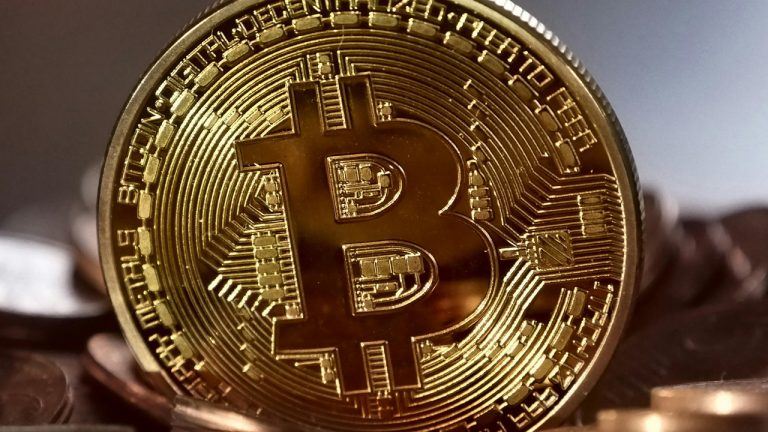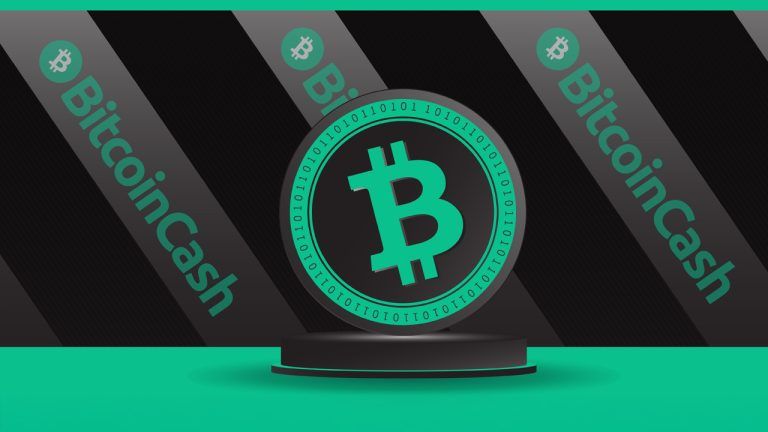A response to Charlie Munger's criticisms of Bitcoin and the roles Bitcoin will play in civilization.
This is an opinion editorial by Bernardo Filipe, a life-long thinker, philosopher and author of “The Straight Science.”
“Of course, I hate the bitcoin success and I don’t welcome a currency that’s useful to kidnappers and extortionists, and so forth. Nor do I like just shoveling out a few extra billions and billions of dollars to somebody who just invented a new financial product out of thin air. So I think I should say modestly that I think the whole damn development is disgusting and contrary to the interests of civilization. And I’ll leave the criticism to others.” — Charlie Munger
It’s time we condense into a couple of bullet points some of the ways in which bitcoin will likely contribute to civilization. For some of its contributions have by now become apparent. Afterwards, we’ll analyze Munger’s arguments. So, to start off, bitcoin:
- Reduces administrative bloat. By making the ledger public, much of the work needed to verify and audit wealth transfers is obliterated.
- Cheaply transfers large sums of wealth across the globe.
- Can potentially work like a treasury bond but delivering higher yield returns. This is because the real return on bonds is always lower than the nominal expectation, due to inflation.
- Will increasingly function as a secure store of wealth or even as a savings account, as its market capitalization grows and its volatility decreases. Both the colossal amount of computing power that already powers Bitcoin, and the manner in which this computing power is distributed across several jurisdictions, ensure that Bitcoin’s network and therefore ledger is incorruptible.
The contribution to civilization is expected to be so significant that gold and treasury bonds should gradually become obsolete, as bitcoin’s adoption rate increases. So bitcoin is indeed merely another financial product, or asset, at the moment, but assuming its adoption keeps growing, it will gradually replace older, less efficient, and ultimately more expensive financial products and assets. Bitcoin is real financial engineering that stores work-energy flows from energy production sites right into an incorruptible and irreproducible digital asset. As Michael Saylor elucidates, bitcoin is thermodynamically-sound monetary energy.
Let’s now dissect Munger’s arguments:
Munger: “Nor do I like just shoveling out a few extra billions and billions of dollars to somebody who just invented a new financial product out of thin air.”
It is an interesting point, at least psychologically, but if we consider that every worthwhile invention started “out of thin air,” as an idea inside someone’s brain, we realize that it holds no ground. To give an example, the Wright brothers had first to imagine an airplane in their minds, “out of thin air,” as Munger says, before getting down to actually building it. Moreover, those billions and billions of dollars are not exactly going to the creator of bitcoin. Whoever buys bitcoin is in effect buying a piece of the Bitcoin network, i.e., a piece of finite blockchain property, and that piece will belong to the buyer and only the buyer as soon as he acquires it. The earlier adopters become wealthier as a side-effect of a growing adoption of the asset, but the positive civilizational event here is the radical optimization of wealth flows, as summarized above.
If Munger perhaps meant that one bitcoin can be easily created, or replicated, then that’s not true either. It costs, by design, a significant amount of energy to mine (i.e., to create) a single bitcoin. The side effect of this mining mechanic is that it incentivizes us to put to use lots of waste energy and also to repurpose power infrastructure. This is of course another excellent contribution to civilization.
Munger: “I hate the bitcoin success and I don’t welcome a currency that’s useful to kidnappers and extortionists.”
The thing with this line of reasoning is that it is equivalent to saying “I hate the success of knives and I don’t welcome a tool that’s useful to criminals.” But what if I told you that you can cut food, skin animals and help build an entire civilization with knives? Or like saying: “I hate fire because there are pyromaniacs.” But what if I told you that the “invention” of fire was practically the point at which human beings diverged from mere animals?
Not to mention that the moment regulation is tightened, criminals using bitcoin won’t be very bright: the ledger is public, and all transactions are tracked. As regulation and AML/KYC rules start being enforced (on exchanges, and perhaps even on wallets), criminality driven by blockchain tech should gradually vanish. Good old plain cash, i.e. physical cash, is way more difficult to track. Why would a drug dealer, for example, accept bitcoin in his regulated, IRS-tracked wallet? Under such a regulatory scenario, in which the anonymity of bitcoin holders is non-existent to authorities, criminal activity driven by bitcoin transactions would hardly survive.
Sure, the criminals might create their own black-market of wallets and marketplaces, but as soon as a criminal wallet connected with a regulated, IRS-tracked wallet, it would sound an alarm. The “digital asset black-market” would consequently short-circuit itself from the economy–the criminal wouldn’t be able to use the wealth in his criminal wallet on anything other than untracked, criminal goods and services. Whereas now, the money, i.e. the physical cash, the criminal makes on the black-market can flow back into supermarkets, bars, restaurants, etc. and the criminal can effectively make a living out of crime.
In fact, the smartest anarchists are against bitcoin’s wide adoption, too, because they recognize it can lead to a society where your every move is tracked. So it follows that criminals, too, should be against it. If bitcoin works at the moment for them, this is because we are still early in its adoption and there is practically no regulation. After all, we are talking about replacing your physical, untracked wallet, with a digital, tracked wallet. How could crime prosper under these circumstances? Only through extremely organized crime and/or with government help.
When the first airplane the Wright brothers built crashed, there were guys laughing at the brothers. When the first monkeys burned themselves with fire, there were other monkeys laughing at them. They probably remained monkeys back then. As for you… Will you remain one now?
“This is a good lesson for anyone: the ability to take criticism constructively and learn from it.” — Charlie Munger
This is a guest post by Bernardo Filipe. Opinions expressed are entirely their own and do not necessarily reflect those of BTC Inc or Bitcoin Magazine.

You can get bonuses upto $100 FREE BONUS when you:
💰 Install these recommended apps:
💲 SocialGood - 100% Crypto Back on Everyday Shopping
💲 xPortal - The DeFi For The Next Billion
💲 CryptoTab Browser - Lightweight, fast, and ready to mine!
💰 Register on these recommended exchanges:
🟡 Binance🟡 Bitfinex🟡 Bitmart🟡 Bittrex🟡 Bitget
🟡 CoinEx🟡 Crypto.com🟡 Gate.io🟡 Huobi🟡 Kucoin.




















Comments